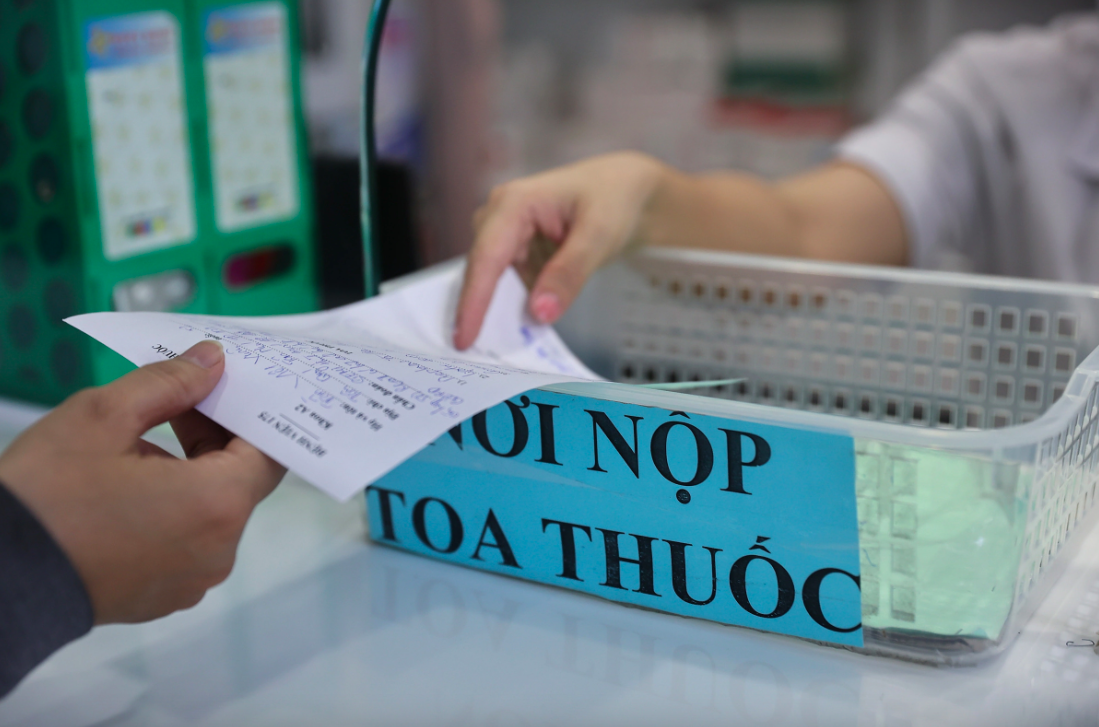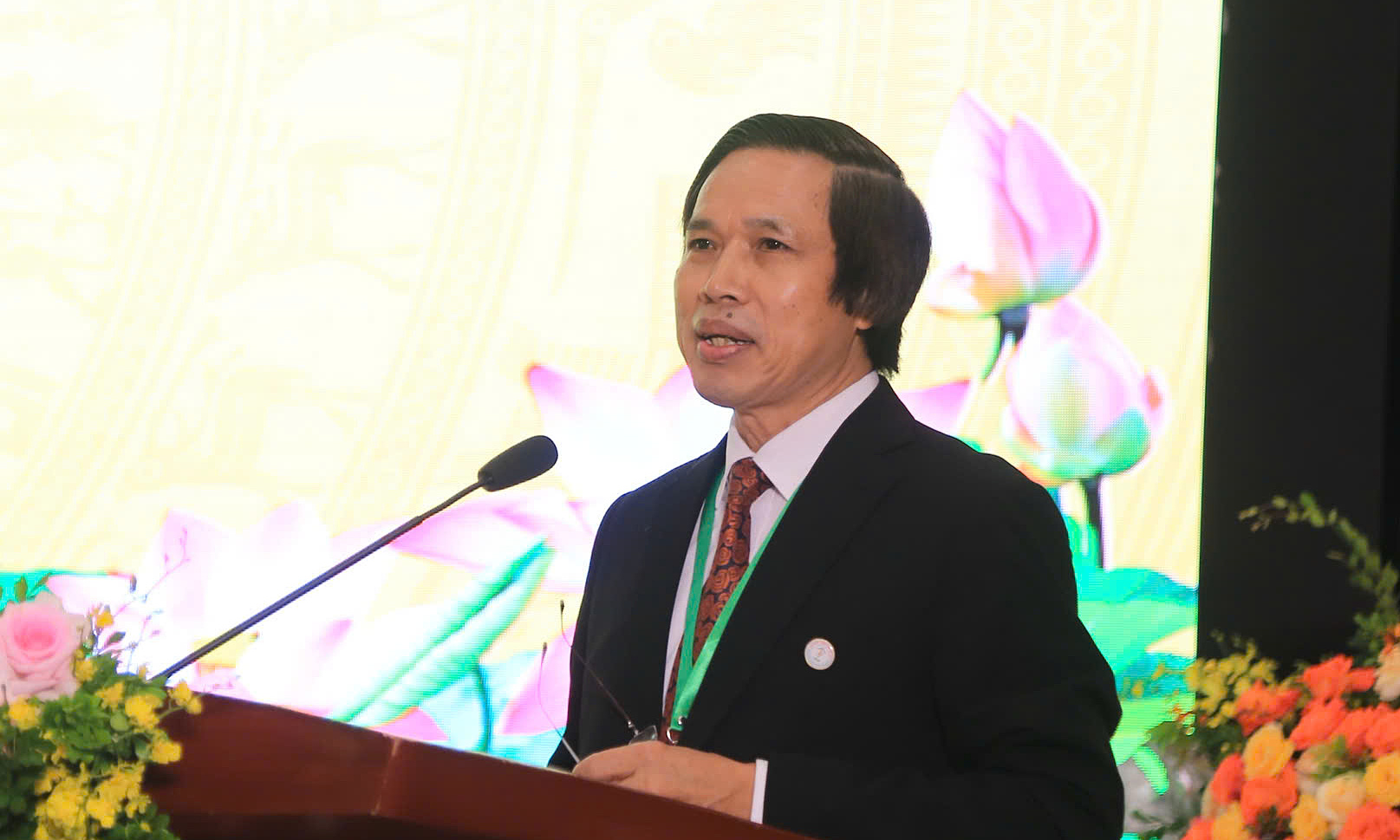Associate Professor Dr. Le Van Truyen, former Deputy Minister of Health, highlighted these challenges at the Vietnam Hospital Pharmacists Association Congress on 10/8.
A study on multi-drug resistant gram-negative bacterial infections at a provincial hospital, published in the Vietnam Medical Journal, found that almost 36% of initial antibiotic prescriptions were inappropriate. Nearly 65% of patients had their treatment regimen changed after antibiogram results due to lack of improvement or worsening conditions.
"Over-prescription of unnecessary medications and inappropriate antibiotic use are contributing to the serious problem of antibiotic resistance," Dr. Truyen stated, adding that antibiotic resistance is a major global health challenge. While many developed nations effectively use first-generation antibiotics, Vietnam has resorted to using 3rd and 4th generation antibiotics.
The practice of buying and selling medications without prescriptions, self-medication, and antibiotic overuse has been documented for years. This can lead to high rates of drug resistance in many pathogens, including tuberculosis, pneumococcus, gram-negative bacteria, and malaria.
 |
Medical staff dispensing medication to a patient. Photo: Quynh Tran |
Medical staff dispensing medication to a patient. Photo: Quynh Tran
Overcrowded healthcare facilities, lack of microbiological testing equipment, and a shortage of trained microbiology and clinical pharmacy staff contribute to antibiotic resistance in hospitals. This makes antibiotic selection more difficult, increasing the failure rate and leading to more complex, costly, and prolonged treatment for infectious diseases.
"This reality necessitates stronger and more effective implementation of hospital pharmacy and clinical pharmacy activities in Vietnam," said Dr. Truyen.
At the congress, Deputy Minister of Health Do Xuan Tuyen urged hospital pharmacists to advise on safe and appropriate medication use, adhering to regulations to ensure patient access to effective treatment while avoiding overuse or misuse. He also emphasized their role in personnel adjustments and resource allocation to meet the professional requirements of each healthcare facility.
Dr. Cao Hung Thai, President of the Vietnam Hospital Pharmacists Association for the 2025-2030 term, said the association will organize training to enhance management and technical skills for pharmacists and hospitals. They will also develop professional guidelines and technical procedures for safe, rational, and effective drug supply and use in healthcare settings. Furthermore, they will explore the application of technology and AI in medication management.
 |
Dr. Cao Hung Thai, President of the Vietnam Hospital Pharmacists Association, speaking at the congress. Photo: Le Hao |
Dr. Cao Hung Thai, President of the Vietnam Hospital Pharmacists Association, speaking at the congress. Photo: Le Hao
Le Nga












